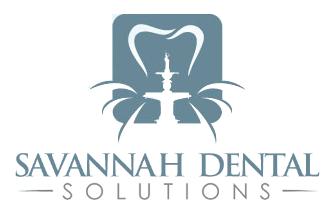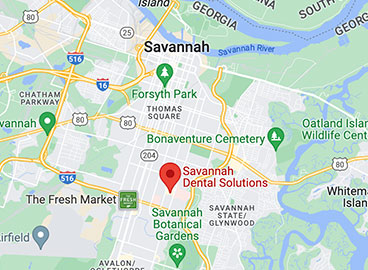Sleep Apnea is a type of sleep disorder. When someone has sleep apnea, it means they stop breathing for short periods of time while they are sleeping. It is most often characterized by snoring, the sound that occurs when the soft tissues of the mouth and throat vibrate as you breathe. If you have been told that you snore when you sleep, there is a possibility that you have sleep apnea.
Signs and Symptoms of Sleep Apnea
If you have symptoms you may notice any one or a combination of the following:
- Snoring. The most common indication is snoring, which is the audible sound made by vibrations of the tissues of your mouth and throat as your breath moves over them, indicating that your airway is partially blocked.
- Pauses in breathing. At times your airway will become completely blocked so that you stop breathing for seconds at a time.
- Waking up out of breath. If you wake up gasping for air or feeling out of breath, it indicates that your breathing was obstructed while you were sleeping.
- Feeling tired throughout the day. You may feel constantly tired no matter how much sleep you are getting. Sleep apnea prevents you from getting quality sleep.
- Lacking energy. Another indication of poor quality sleep due to sleep apnea is that you lack energy throughout the day. When sleep is not restful you may feel like you’re running on a low battery.
- Frequent waking at night. If you wake up multiple times throughout the night for no apparent reason, it may be due to sleep apnea. When you stop breathing for long enough for your brain to register the lack of oxygen, you will rouse from sleep enough to change positions so you can breathe again. Sometimes you may be aware of it and sometimes you may not.
- Dry mouth. Sleep apnea and snoring are characterized by mouth breathing, which can cause you to wake up with a dry mouth.
- Morning headaches. The lack of oxygen and quality sleep during the night can lead to a headache in the morning.
- Difficulty focusing. You may find that you have trouble focusing at school or work due to sleep apnea.
- Teeth grinding. In some cases teeth grinding and sleep apnea are related.
Types of Sleep Apnea
There are 3 main types of sleep apnea:
- Obstructive Sleep Apnea: your breathing is obstructed by the soft tissues of your mouth and throat.
- Central Sleep Apnea: your brain fails to send the message to your diaphragm to draw air into your lungs.
- Complex Sleep Apnea Syndrome: your sleep apnea is caused by both conditions.
Health Risks Associated With Sleep Apnea
Why is it important to treat sleep apnea? Because better quality sleep, in addition to making you feel better, is crucial to your overall health and wellness. Untreated sleep apnea can lead to a variety of health conditions, such as:
- High blood pressure and heart problems
- Type 2 diabetes
- Metabolic syndrome
- Problems with anesthesia and medications
- Liver conditions (such as nonalcoholic fatty liver disease)
How Your Dentist Can Help
When it comes to sleep disorders your first instinct may be to go to your primary care physician. However, your dentist can also diagnose and treat sleep apnea, but with a slightly different method. A sleep apnea mouthguard can be worn at night to reposition the jaw and tongue in order to prevent your airway from becoming blocked. It can keep you from snoring and ensure that you are breathing properly throughout the night.
In many cases patients with obstructive sleep apnea can avoid the need for a CPAP machine by wearing a sleep apnea mouthguard. However, patients with central sleep apnea may still require a CPAP or other treatment.
Savannah Dental Solutions Provides Sleep Apnea Treatment
If you snore or have other symptoms of sleep apnea, Savannah Dental Solutions may be able to help. After a sleep apnea diagnosis we can create a custom sleep apnea mouthguard to reposition your jaw, tongue, and the other soft tissues of your mouth to prevent them from shifting back into your throat when you lay down to sleep. You’ll get better quality sleep and so will your partner, roommate, or anyone else who is affected by your sleep apnea.
To learn more about sleep apnea solutions, call (912) 354-1366 or contact us today to schedule a consultation.


